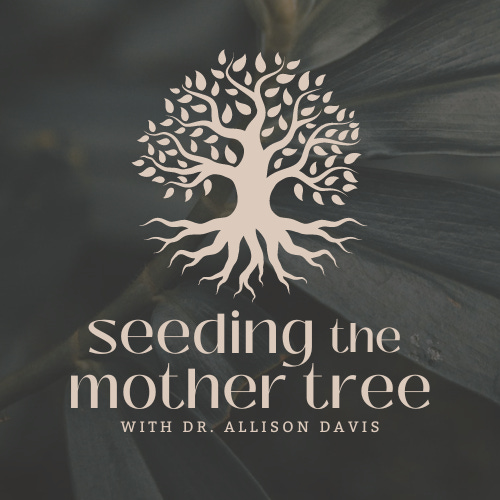
A newsletter seeding the ecological back into maternal mental health with maternal ecopsychology to support personal and planetary wellness.
By registering you agree to Substack's Terms of Service, our Privacy Policy, and our Information Collection Notice